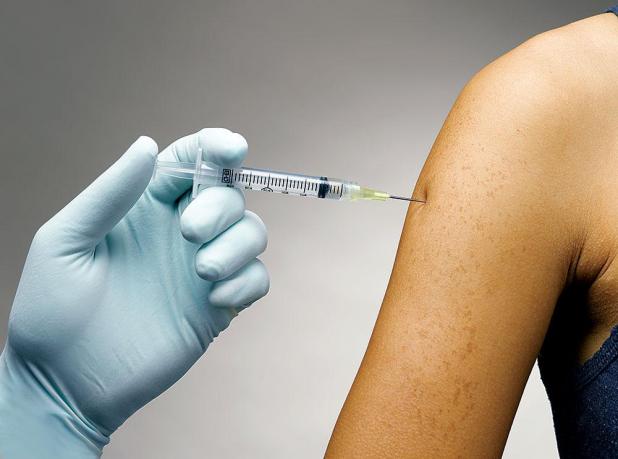
Physician gives mumps warning
EDITOR’S NOTE: This is anarticle by local Centers for Disease Control Sentinel Physician Dr. Robert P. Blereau of Morgan City.
The Louisiana Department of Health has reported 11 cases of mumps in LSU students over the past few days.
We should all be aware of the increased possibility of mumps developing in our community with this outbreak being so close to home.
The mumps virus primarily affects the parotid gland located behind the jaw bone, the largest of the saliva producing glands. The other smaller salivary glands, as well as the testes and ovaries, may also be affected.
Pain and swelling of the involved organ is the most prominent symptom. Associated symptoms are fever, headache, earache, and muscle, joint or abdominal pain.
Mumps can only be prevented by getting the mumps vaccine which is combined with measles and rubella (German measles) in the MMR vaccine.
Since the MMR vaccine is only 88 percent effective in preventing mumps, the possibility of mumps must still be considered when signs and symptoms are consistent.
The CDC-preferred test for the mumps parotitis is done on saliva swabbed from inside the cheek on the side of the affected gland.
A blood test can also be done if it is more than eight days since symptoms began but is not as reliable as the saliva swab test because of both false positive and false negative results.
Anyone suspected of mumps should be isolated immediately, including no work and no school.
Mumps is spread from two days before until five days after onset of symptoms.
Tips to prevent mumps include the following. Do not eat or drink from others utensils. Wash your hands frequently. Cover your mouth and nose when coughing and sneezing.
It takes about two to three weeks for symptoms to begin after contracting the virus.
Children are routinely vaccinated with MMR at 12 to 15 months and a booster shot at 4 to 6 years.
Two shots of MMR are required for school entry in most states, including Louisiana.
Anyone born in 1957 or later who doesn’t have evidence, i.e., blood test of mumps immunity, should receive two doses of MMR at least 28 days apart
Generally, individuals born prior to 1957, the year the MMR vaccine was introduced, are considered immune to measles, mumps and rubella since these diseases are very contagious and it is assumed almost all people had them.
In these cases, a simple blood test can usually provide the correct answer.
Healthcare workers definitely need documentation of two MMR shots or blood test evidence of having had the disease. If not, they require two MMR shots.
At present, there is no CDC recommendation for a third MMR shot, though this may be considered in particularly vulnerable individual cases.
There is no specific treatment for mumps. Supportive care includes fluids, fever and pain medication, rest and isolation.
If you have symptoms of mumps or questions concerning your mumps immunization status, consult your personal medical care provider.
Additional information is available at ldh.la.gov/mumps.
